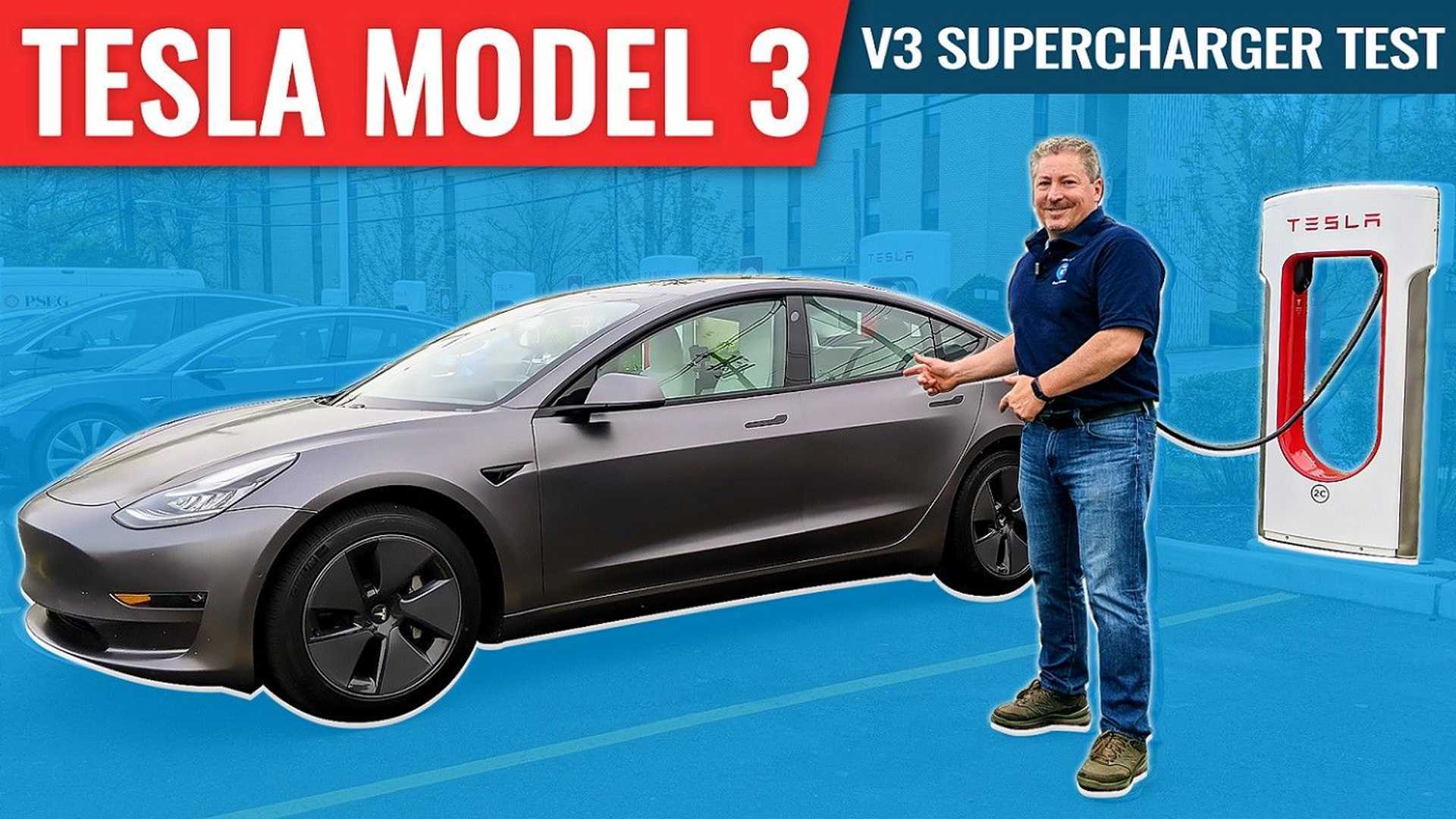We charge a 2021 Tesla Model 3 from 0% to 100% on a V3 Supercharger to see just how fast the Model 3 can charge.

insideevs.com
https://support.fastned.nl/hc/en-gb/articles/360012178313-Charging-with-a-Tesla-Model-3 - this is NOT a Supercharger, but a similar one from another supplier (Fastned). Gives INDICATION that charging is faster below 55%.
My advice to others is to note the speed at the start of a charging session and when it dips down, just leave and plan (rely on car) on another fast stop elsewhere. That is about the time needed to visit toilet and/or get a coffee. I sometimes stay longer if herding family and stretching legs on long trips. Long sessions when eating.
On long trips at fast speeds (German autobahn), I go fast and still stop more frequently for me and passengers that the car needs to, and Superchargers seemed well placed.
UK might be slightly different in that going just a few miles in UK at wrong time can take a long time due to congestion, roadworks etc. Slower you go though, the longer range you'll get (air resistance much higher at speed). I'm curious about the slow long commutes I used to do and how much range I'd get. I know slow roads near coast give me huge range bonus. Conversely, lots of short trips harm range.
I've rarely supercharged in UK as most trips longer than half the range mean I'm staying somewhere anyway and I'm using destination charging at campsite/friends - otherwise it's within a round-trip range. A brief stop of 4 hours at friends could add 12kWh or 40 miles of range. Centre of England to coasts and back is fine. If I did as much commuting as I used to before covid (and I expected), it would be a different situation. Wales & North of England look a bit harder to find chargers.



